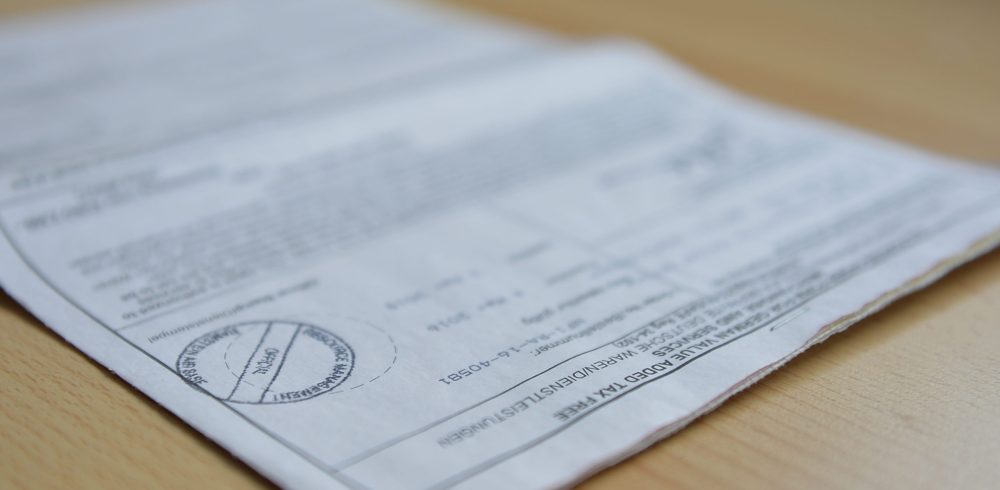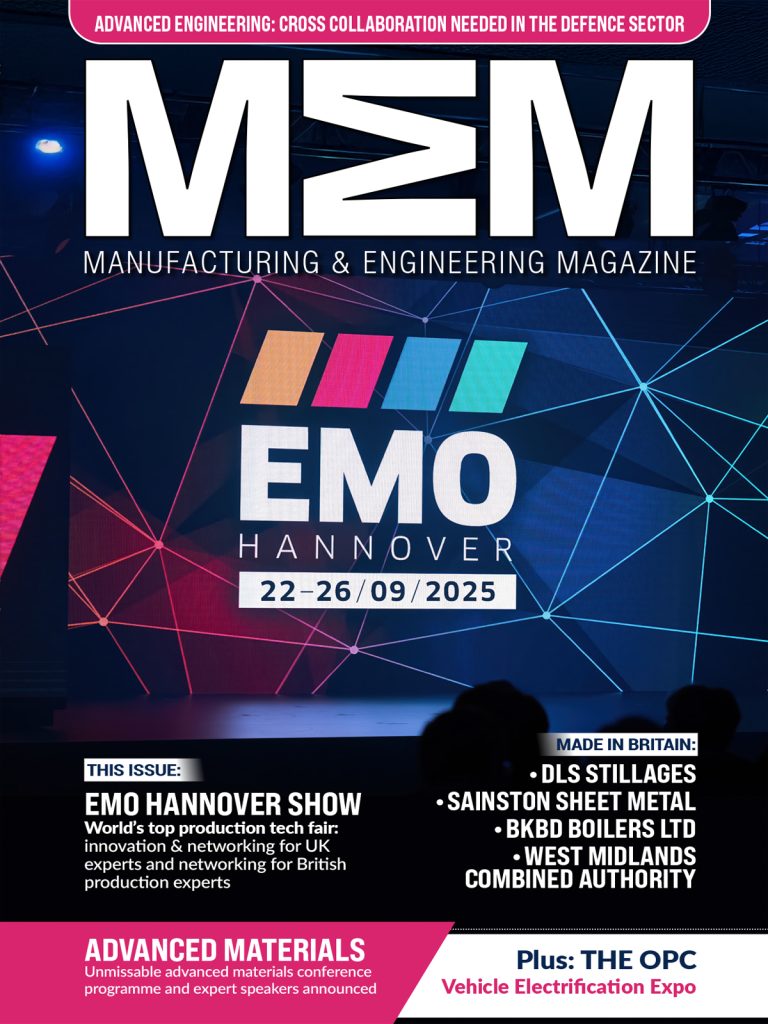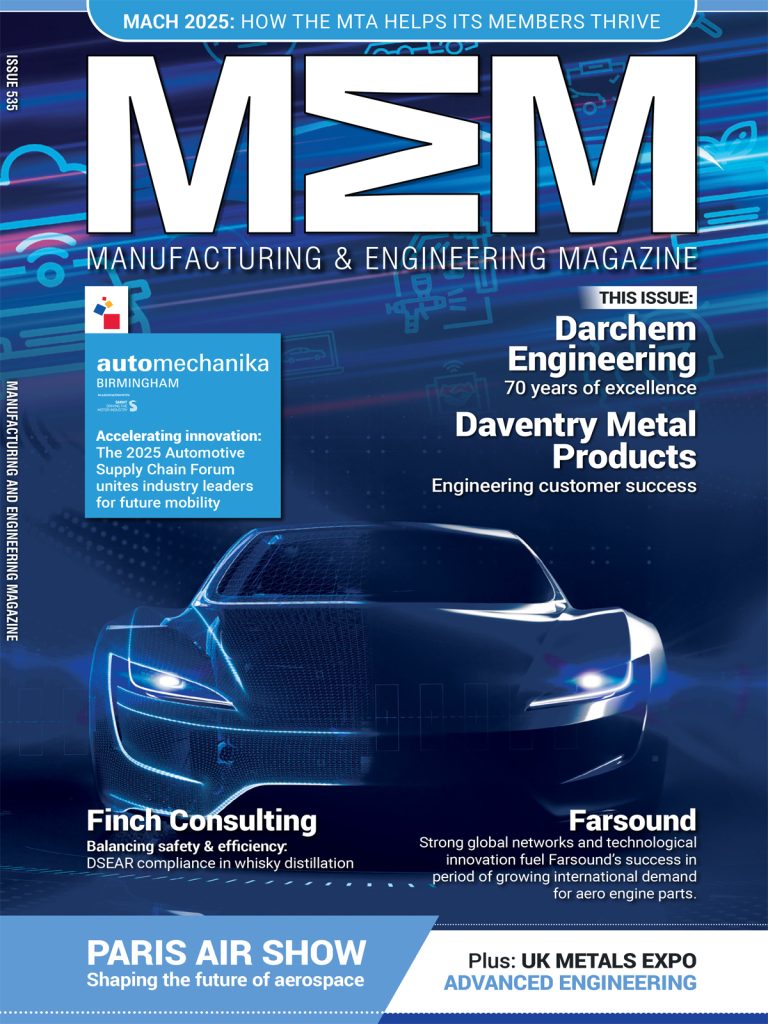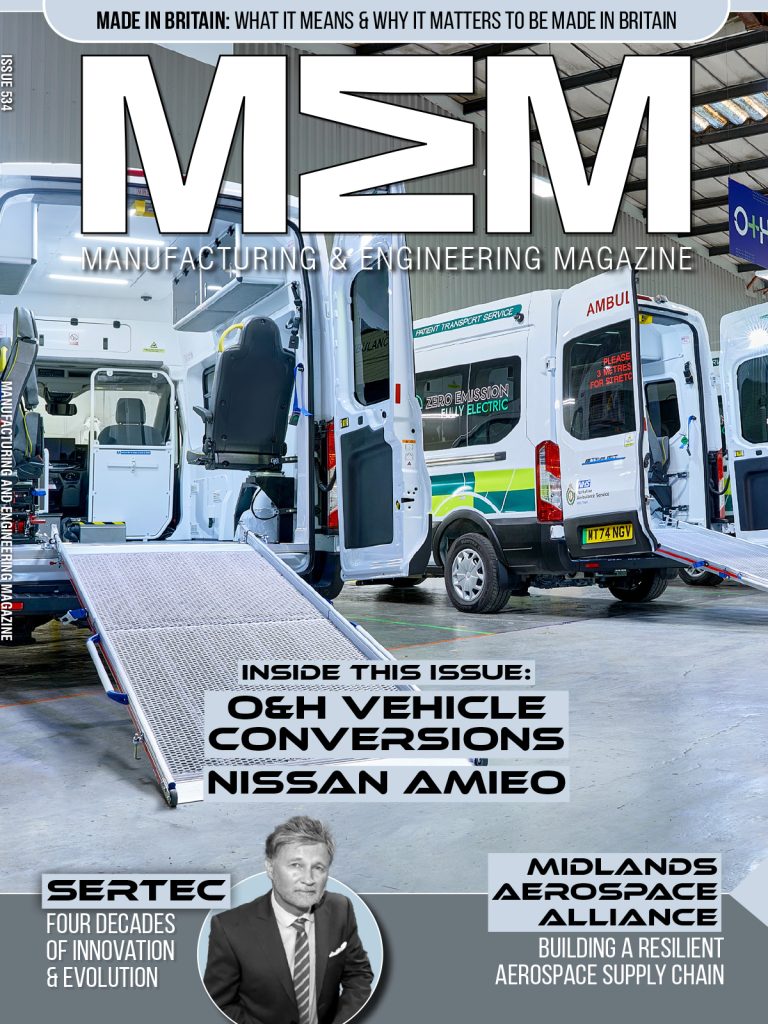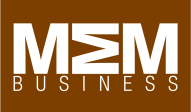As the risk of a no-deal Brexit grows, the government is warning manufacturers to prepare for the sudden imposition of onerous tariff, customs declarations and VAT import liabilities. These threaten to delay or even block goods moving between the UK and EU, and leave businesses with heavy tax bills.
Some post-Brexit friction will be eased by new HMRC emergency measures. However, only 10% of the 245,000 affected businesses have yet registered for these reliefs. So what should you do to survive a no-deal Brexit?
Apply for an EORI number to help HMRC identify imports and exports
- Businesses moving goods between the UK and EU will need an Economic Operator Registration and Identification number (EORI). This is used by HMRC to identify shipments and ensure duties and VAT due has been recorded. Without an EORI number, goods will be held at UK or EU customs. Applying online takes ten minutes, and HMRC will confirm successful applications within 5 working days.
Get help on limiting tariffs costs
- Goods moving between the UK and EU will be subject to tariffs after Brexit. Specialist off-the-shelf software or HMRC training grants are available to help businesses establish the right tariff codes and calculations. HMRC also offers a free binding tariff code service if businesses send in product brochures.
Register for Transitional Simplified Procedures (TSP) for speedy goods clearance
- TSP is a new scheme HMRC launched in anticipation of a no-deal Brexit. It postpones the submission of customs declarations and tariff payments until 1 October 2019. Imports into the UK can therefore pass through customs with limited paperwork or checks. Larger businesses can look at the more wide-ranging Authorised Economic Operator certification.
Use Postponed Accounting to avoid VAT payments
- Post Brexit, 20% VAT will become due on goods being imported into the UK. HRMC will now permit this cash payment to be skipped; instead importers may declare the import VAT in their next VAT return (‘reverse charge’).
Written by: Richard Asquith, VP of Indirect Tax at Avalara




